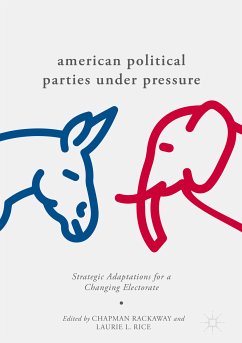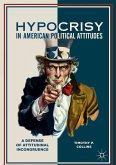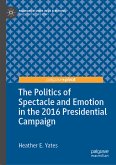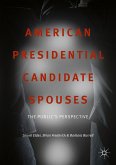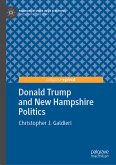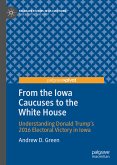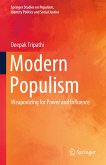This book addresses the changing electoral and political circumstances in which American political parties found themselves during the 2016 election, and the strategic adaptations this new pressure may require. The respective establishments of both major political parties have found themselves facing serious challenges. Some observers wondered if a realignment was in progress, and whether the parties could survive. Both grounded in research and accessible to more than just academics, this book provides important insights into how political parties can move forward from 2016.
Dieser Download kann aus rechtlichen Gründen nur mit Rechnungsadresse in A, B, BG, CY, CZ, D, DK, EW, E, FIN, F, GR, HR, H, IRL, I, LT, L, LR, M, NL, PL, P, R, S, SLO, SK ausgeliefert werden.

